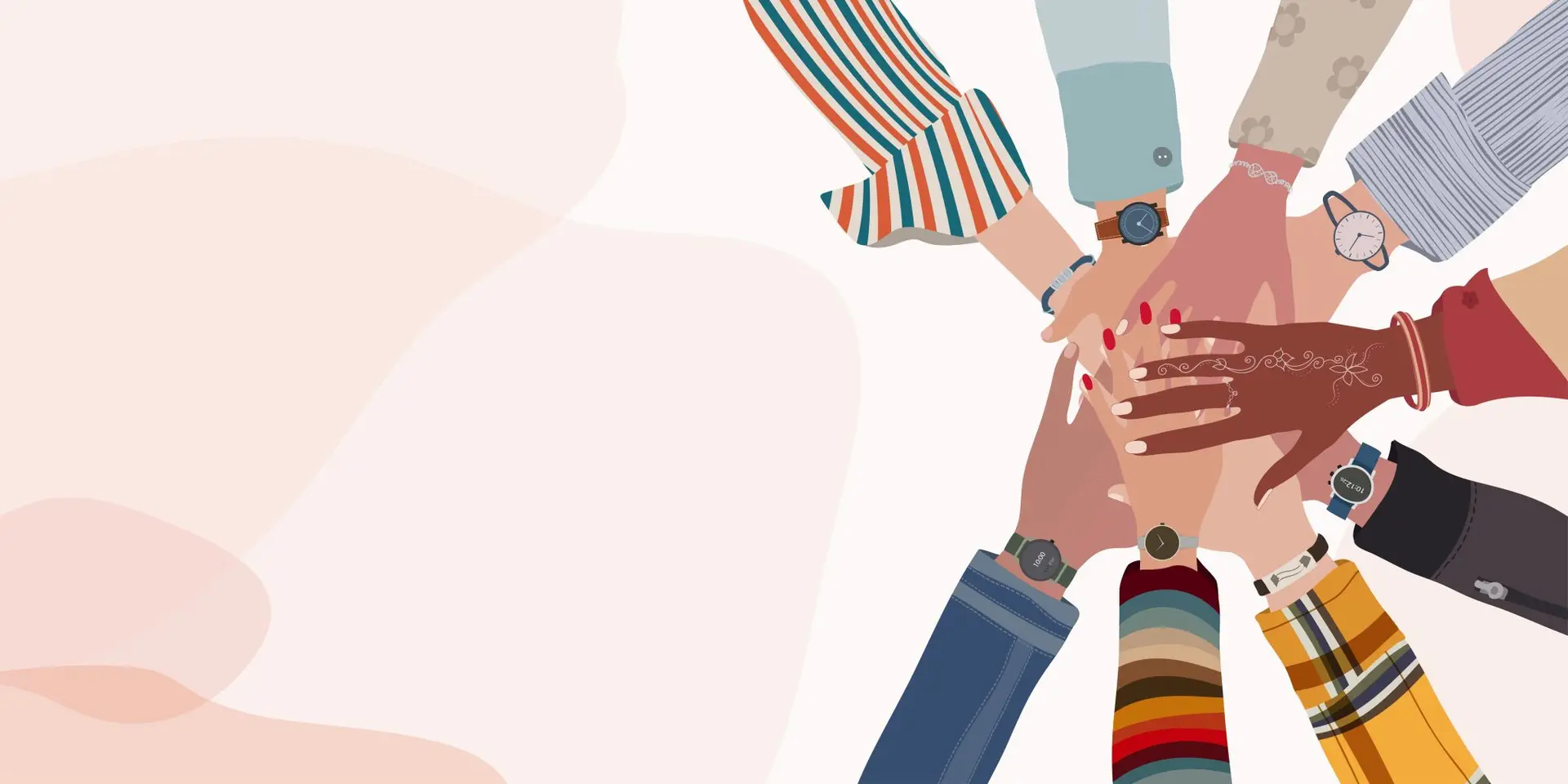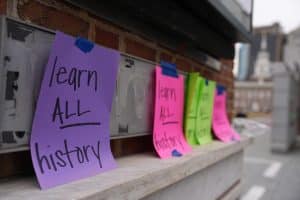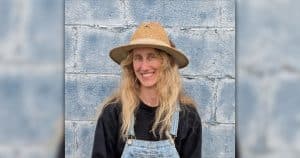At first glance, Bucks County seems like an idyllic place to live: charming towns, good schools, and a reputation for being progressive, open-minded, and welcoming to newcomers, especially immigrants. When I moved here almost five years ago, I believed I had found a place where my family and I could belong, grow roots, and feel part of something bigger than ourselves. I became a U.S. citizen more than 10 years ago, proud to call this country home and deeply grateful for the opportunities it has given me. But that sense of belonging doesn’t always feel as solid as it should.
Even though I am a citizen, I find myself increasingly worried about my future under this government. The rights I thought were guaranteed, the sense of safety I had hoped would grow over time — they now feel fragile, subject to the direction of a political tide that seems to be turning against people like me.
I still remember how sad I was when Trump won the presidency the first time. I wasn’t naïve — I knew it would be difficult — but I hoped the system would hold, that the damage would be limited. Now, as we stand on the edge of another potential Trump term, it’s different. We already had the experience. We already know what it looks like. And this time, he’s not even pretending to hide how far he’s willing to go. It’s not just frightening—it’s exhausting. And still, we have to prepare.
Living in Bucks County under the influence of Trumpism feels like navigating a quiet tension that lingers just beneath the surface. It’s not always loud or confrontational — it’s often subtle, even polite. But it’s there.
It shows in the way conversations shift when people learn where I’m from. It’s in the silence that follows any mention of diversity or immigration. It’s in the lawn signs and bumper stickers that seem to say more about who doesn’t belong than who does.
As an immigrant, I feel it in the hesitation, the assumptions, and the quiet reminders that no matter how much I contribute, how engaged I am, or how well I speak the language, I’m still seen by some as not quite from here.
Trumpism in Bucks County doesn’t always arrive in dramatic forms. Sometimes it hides in small talk that takes a sudden turn. It appears in school board meetings where inclusion is treated as a threat, or in elections where fear often seems to carry more weight than facts. And it lingers in the presence of ICE — rarely discussed but always felt. When immigration enforcement becomes a regular part of community life, fear spreads silently. It enters schools, neighborhoods, even playgrounds. Children hesitate to speak up. Families quietly avoid gatherings. Trust breaks down where it should be strongest — in classrooms, clinics, and community centers.
And school board meetings, once meant to center on students’ well-being and education, have become battlegrounds. They’re not about kids anymore. They’re about politics. I’ve seen people behave with such hostility and cruelty — neighbors shouting at each other, parents weaponizing patriotism, agendas pushed that leave no room for voices like mine. It’s only gotten worse. The meanness is out in the open now.
This fear doesn’t just affect immigrants. I have LGBTQ+ friends and students who are just as worried. They’re anxious about their rights, their safety, and whether the community that once seemed to support them will still stand by them when it matters most. They’re used to being strong—but lately, they’re tired too. The idea that anyone who’s “different” can be targeted—again, openly and shamelessly—is a reality we all feel together.
I see local Democrats holding rallies, and I genuinely appreciate their efforts. The energy, the speeches, and the visible resistance do bring hope. But I often wonder: does it truly change anything for families like mine? Or is it more symbolic than structural? Advocacy cannot stop at speeches and signs. We need action: policies that protect, leaders who listen, and systems that include us rather than simply tolerate us.
What concerns me most is how familiar this all feels. I’ve seen this pattern before. Not just in one place, but across parts of the Middle East. The same slow unraveling. People began to fear speaking their minds. They avoided difficult questions. Changes came one-by-one: quiet, bureaucratic, often unnoticed. And by the time people realized what had been lost, it was too late. That’s a truth many immigrants and refugees carry with them — not just memories, but warnings.
Many of us joke — sarcastically, darkly — because humor is sometimes the only way to deal with fear. “We fled political systems like this,” we say. “Where do we go now?” It’s not really funny, of course—but laughing is one of the few ways to keep the fear from becoming overwhelming.
Living here now means walking a line between gratitude and caution. It means raising my children to be proud of who they are, while quietly preparing them for moments that may challenge that pride. It means loving this community while acknowledging that not everyone here loves what we represent.
But I still believe change is possible. And it begins with truth: truth about what it feels like to live in this moment, in this place, when your presence is politicized and your story misunderstood. Maybe by telling the truth, we can begin to reshape what belonging really means — and build a future where the welcome we hoped for becomes the one we all deserve.






